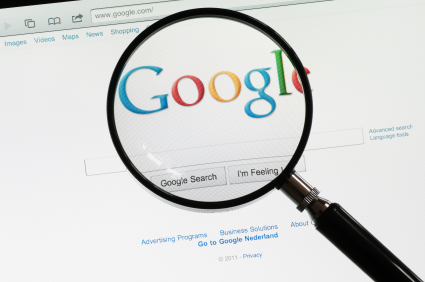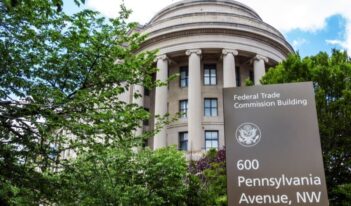
Internet executives and antitrust experts discuss the need to regulate Google.
Google executives and competitors, as well as antitrust experts, testified at a recent hearing of the Senate Subcommittee on Antitrust, Competition Policy, and Consumer Rights. The hearing focused on competition in online search, especially Google’s perceived market power in search.
Senator Herb Kohl (D-WI), the Subcommittee Chair, and Senator Mike Lee (R-UT), the Subcommittee’s Ranking Member, delivered opening statements asking whether Google should be regulated.
Kohl emphasized Google’s market dominance, noting its search engine receives “[s]ixty-five to 70% of all US Internet searches on computers and 95% on mobile devices.” As such, he argued that Google “has special obligations under antitrust law to not deploy its market power to squelch competition.” Kohl questioned whether Google’s recent acquisitions of providers of online services other than search would prevent it from providing “unbiased” online search results.
Lee also emphasized Google’s market power, asking whether, in light of Google’s “ability to steer e-commerce and the flow of online information, Google is in a position to help determine who will succeed and who will fail on the Internet.”
The first witness at the hearing was Google’s Executive Chairman and former Chief Executive Officer, Eric Schmidt. Schmidt testified that Google faces fierce competition, not only from other general search engines, such as Bing, but also from shopping sites such as Amazon and social media sites, including Facebook, which he called “the most popular website on the Internet.” Schmidt emphasized Google’s business principles of creating “loyalty, not lock-in” of users, and of promoting open source software and other open standards.
A panel of executives of competitor firms and former antitrust regulators also testified.
Yelp’s Co-Founder and Chief Executive Officer, Jeremey Stoppelman, accused Google of giving “preferential treatment in Google search results” to its own online products, and sometimes “simply exclud[ing] competitor results as a matter of design, not as a matter of objective, algorithmically-driven analysis.”
Similarly, Nextag Chief Executive Officer Jeff Katz told the panel that he has partnered with Google since 2002, but that “today, Google doesn’t play fair. Google rigs its results, biasing in favor of Google shopping, and against competitors like us.”
Tom Barnett, a former Assistant Attorney General in charge of the Antitrust Division at the Department of Justice and now a partner at Covington & Burling representing the travel site Expedia, also testified. He alleged that Google was harming consumers by using its market power in the general search market to take power in “a broadening range of search-dependent” services.
The final witness was Susan Creighton, a former Director of the Federal Trade Commission’s Bureau of Competition and now a partner at Wilson Sonsini who represents Google. Creighton urged the government to “exercise extreme caution before” intervening in the search market and potentially turning Google from an innovator “into a regulated utility.”




